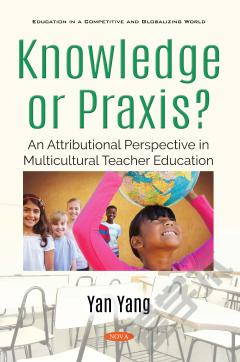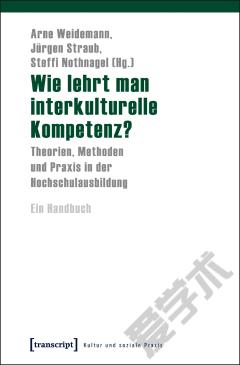Knowledge or Praxis? An Attributional Perspective in Multicultural Teacher Education
Globalization and changing demographics in the United States have resulted in a need for higher education to prepare teachers for an increasingly diverse society. To this end, teacher preparation programs in colleges and universities have included a curriculum with required multicultural education courses. Although the important role of causal attribution theory has been well-documented in a wide range of disciplines, its role in multicultural teacher education remains a mystery. In this book, the author first reviews two overarching theoretical frameworks, namely, causal attribution theory and aspects of multicultural education. Second, in an attempt to bridge the gap between causal attribution and multicultural teacher education, the author conducted a study exploring the relationship between causal attribution of cultural awareness and cultural competence among preservice teachers. Participants included 793 preservice teachers from two large public universities who reported their causal attributions of cultural awareness and their cultural competence. Canonical correlation analysis results showed two significant relationships between causal attribution and cultural competence. Personal control over the causes of cultural awareness was found to be positively related to praxis, i.e., behavioral outcome; whereas attributions to internal and stable causes were positively associated with knowledge as major components of cultural competence. The findings indicate the importance of addressing causal attribution and moving beyond negative emotions in improving preservice teachers’ cultural competence in multicultural education. Third, the author discussed the theoretical and pedagogical implications of the study results. Limitations of the study and future directions are also discussed.
{{comment.content}}








 京公网安备 11010802027623号
京公网安备 11010802027623号